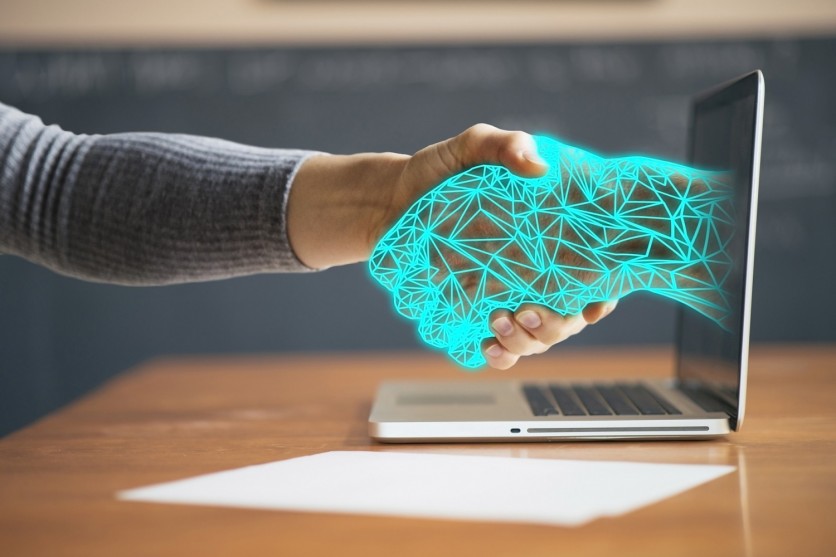A new study conducted at the University of Southern California (USC) has found that AI robots can enhance their learning capabilities by sharing knowledge with each other simultaneously.
According to USC researchers, AI agents can quickly learn a wide range of tasks, including applications in medicine and beyond, when exchanging information.
The researchers led by Professor Laurent Itti and his Ph.D. student, Yunhao Ge, posed the question of whether computers, particularly AI robots, can learn from one another by exchanging information, and they have successfully answered this question with a resounding "yes."

AI Lifelong Learning
Their research paper, "Lightweight Learner for Shared Knowledge Lifelong Learning," introduces a new approach to machine learning (ML) research known as Lifelong Learning (LL), wherein AI agents continuously learn and retain knowledge from previous tasks as they encounter new ones.
Itti and Ge developed the SKILL (Shared Knowledge Lifelong Learning) tool to facilitate this shared knowledge approach. The AI agents, using SKILL, were able to learn and master 102 distinct tasks, such as categorizing car models, flower species, and chest X-ray diseases.
Subsequently, these agents shared their acquired knowledge through a decentralized network and demonstrated expertise in all 102 tasks. The traditional approach to LL research involves a single AI agent sequentially learning tasks, which can be a slow process.
On the other hand, SKILL employs algorithms that enable AI agents to learn simultaneously in parallel. The researchers found that the time needed for learning was significantly reduced when agents worked together.
The research showed that when 102 agents individually learn a task and then share, the amount of time needed significantly decreased by a factor of 101.5 after considering the necessary communications and knowledge consolidation among AI agents.
"It's like each robot is teaching a class on its specialty, and all the other robots are attentive students... They're sharing knowledge through a digital network that connects them all, sort of like their own private internet," said Ge.
Read Also : PIGINet: MIT's New AI to Enhance Robots' Planning, Problem Solving, and MORE by as much as 80 Percent
Promising Advancement
Itti and Ge view SKILL as a promising advancement in LL research, primarily due to the extensive array of natural tasks explored in their study - an unprecedented scale in the field.
They are confident that this approach can be expanded to encompass thousands or even millions of tasks, leading to potential transformations in various aspects of human life and fostering a profoundly interconnected and intelligent global community.
For instance, specialized AI systems could learn and share information about various illnesses, treatments, patient care techniques, and recent research in the medical field.
Moreover, according to the team, the SKILL technology could revolutionize various professions that require extensive knowledge and deal with complex systems.
While the SKILL tool primarily focused on image recognition, the researchers envision future research exploring more sophisticated tasks that AI agents can undertake.
The concept of crowdsourcing, where many individuals contribute to solving a problem, mirrors the idea behind SKILL's knowledge-sharing approach. Researchers have unlocked an exciting potential for AI technology by harnessing AI agents' power to learn and share information.
The capability to share knowledge, like humans' ability to exchange information, opens up countless opportunities for advancements and innovation in various fields. The study's findings were published in the journal Transactions on Machine Learning Research.
Related Article : Healthcare Companion Robots Powered by AI Could Help Alleviate Loneliness Among Older People

![Apple Watch Series 10 [GPS 42mm]](https://d.techtimes.com/en/full/453899/apple-watch-series-10-gps-42mm.jpg?w=184&h=103&f=9fb3c2ea2db928c663d1d2eadbcb3e52)



